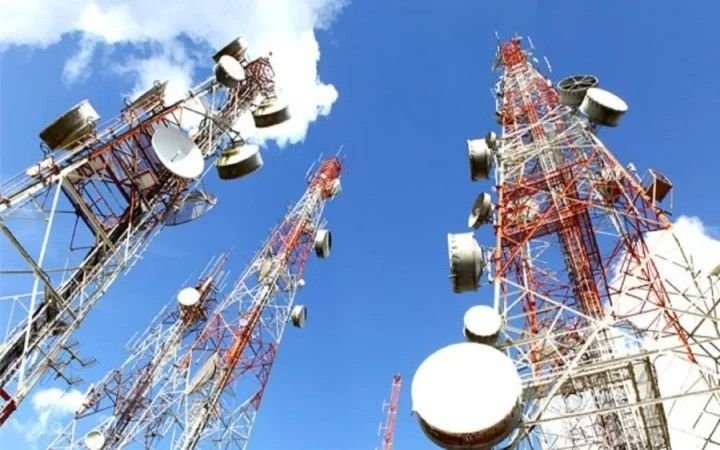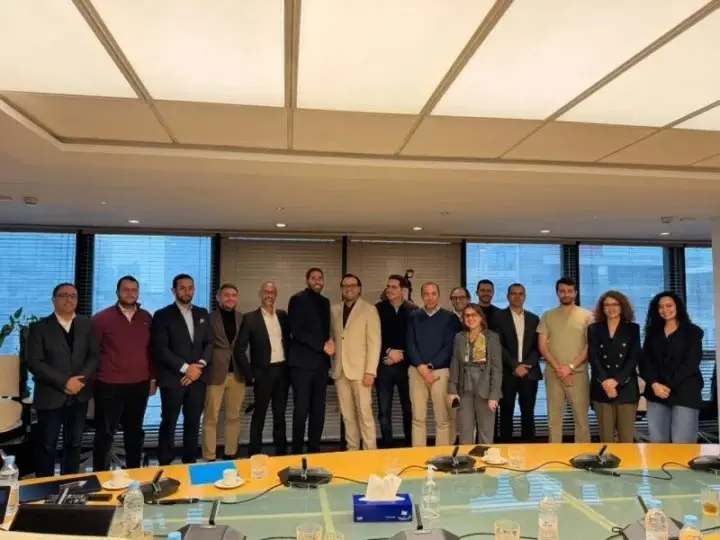Nigeria’s telecommunications sector is poised for a major upgrade with a landmark $1 billion investment in network equipment, announced by Dr. Bosun Tijani, Minister of Communications and Digital Economy. This historic procurement, enabled by a 50 percent tariff adjustment in February 2025—the first in over a decade—marks one of the largest investments in Nigeria’s telecom infrastructure to date.
Scheduled for delivery starting in July, the new equipment orders from Original Equipment Manufacturers (OEMs) will enable significant improvements in service quality by the third quarter of 2025. Dr. Tijani told TVC, “We’ve confirmed that our telcos have placed equipment orders worth over $1 billion, something we haven’t seen in years. These orders will start arriving between June and July, setting the stage for a significant leap in service quality by Q3.”
The investment aims to resolve persistent challenges such as dropped calls, slow internet speeds, and limited broadband coverage. It will accelerate the expansion of 4G and 5G networks, focusing on urban centers with high demand as well as underserved rural communities. Nigerians can expect noticeable improvements in connectivity and reliability by the third quarter.
This development follows confirmation from Dr. Aminu Maida, Executive Vice Chairman of the Nigerian Communications Commission, who revealed that telecom operators have placed orders exceeding $1 billion with Chinese vendors for a comprehensive network overhaul.
With data consumption surging—driven largely by platforms like WhatsApp for voice calls—the upgraded infrastructure is critical to easing network congestion and expanding broadband penetration. The Nigerian government has underscored rural connectivity as a national priority, linking it directly to economic growth and security.
Dr. Tijani emphasized, “Connecting rural areas is about more than access; it’s about empowering communities and strengthening our nation. President Bola Tinubu has made rural coverage a key focus to ensure no region is left behind.”
While the $1 billion investment is expected to fuel private-sector-led upgrades, Dr. Tijani acknowledged the role of government in supporting connectivity in regions where commercial viability is limited. “Private capital alone won’t reach every corner of Nigeria. We’re committed to stepping in where needed to ensure inclusive connectivity,” he affirmed.















